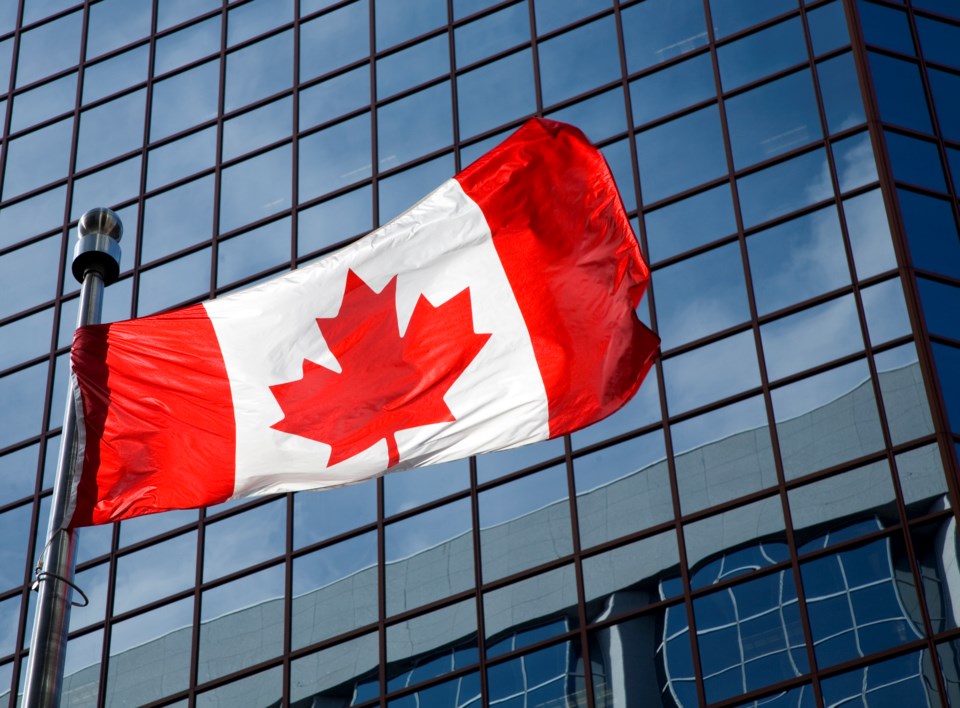Canadians breathed a collective sigh of relief with the return of the “Two Michaels” who had been imprisoned in China for nearly three years.
Michael Korvig and Michael Spavor were arrested in what is largely seen as retaliation for Canada’s arrest of Huawei executive Meng Wanzhou, following an extradition request from the U.S.
With Richmond being a hub of various import/export businesses, the issue of trading with China has come under greater scrutiny.
The Richmond News spoke to three experts with experience and knowledge in doing business with foreign countries to share their insights on how to best navigate the sometimes rough waters of international trade.
Dan Baxter, president and CEO of Richmond Chamber of Commerce
According to Dan Baxter, president and CEO of Richmond Chamber of Commerce, Richmond is the Asia Pacific Gateway.
The fact the city boasts an international airport, and is close to both the port and U.S. border and has a large Chinese demographic, it’s well-suited to benefit from trading relations with China.
However "wherever there’s opportunity, there lurks danger,” said Baxter. “The two are inseparable."
There are many international business opportunities, however, business people should have a good understanding of the country where they plan to do business in and the challenges there before tapping into those foreign markets, he added.
"Very often, governments and laws in some other countries aren't the same as they are in Canada. So I think people need to know those risks before getting into any of those business arrangements."
Meanwhile, he suggests that in addition to China, it's also crucial for local business owners to look into other foreign markets, such as Indonesia, Vietnam and Mexico.
"China is an important market in particular to Richmond, but we can't lose the fact that the United States is still by far our largest trading partner, which has common legal systems and languages," said Baxter.
China policy analyst and consultant John Gruetzner
Businessperson John Gruetzner said that political tensions don’t necessarily impact trade because most consumers in China and elsewhere purchase items based on brand reputation, price, and quality -- not origin of country.
"People sometimes put too much emphasis on the political side of the business. Alternatively, people don't buy things because of their country of origin."
For example, a Chinese-state-run media recently reported Lululemon Athletica Inc., the Canadian-born company currently operating 59 stores in mainland China, is on track to quadruple its international business by 2023, with China serving as a "key market with growth."
"When Chinese people buy Lululemon, they don't care whether it's made in Canada, United States or Sweden," said Gruetzner.
In addition to exporting agriculture and resource products, Gruetzner believes Canadian business owners should focus on “value-added” products.
"The goal for Canada is to improve our GDP per capita, and the only way we could improve that is by (selling) value-added products. So everything we add value to and sell to China is a plus for the Canadian community."
Amy Huang, president of Richmond-based North American Investment Association (NAIA)
For Richmond business owner Amy Huang, who organizes business trips to Hong Kong to introduce Canadian agricultural products to Asian markets, said the export business has been struggling.
However, like Gruetzner, she believes it has less to do with political tensions than the pandemic and quarantine rules which has put her company’s business trips on hold.
When asked about safety concerns regarding doing business in China in light of the two Michaels situation, Huang said she is well informed about the laws and trade regulations in China. And that she’s confident that her company’s business trips to China and other countries will resume when everything returns to normal.
Moreover, she doesn’t want to lose the business.
"I have been closely following the laws and trade regulations with both China and Canada; therefore, everything is fine with me. However, if I give up the Chinese market, businessmen from other countries might take it instead," noted Huang.

r.jpg;w=120;h=80;mode=crop)


